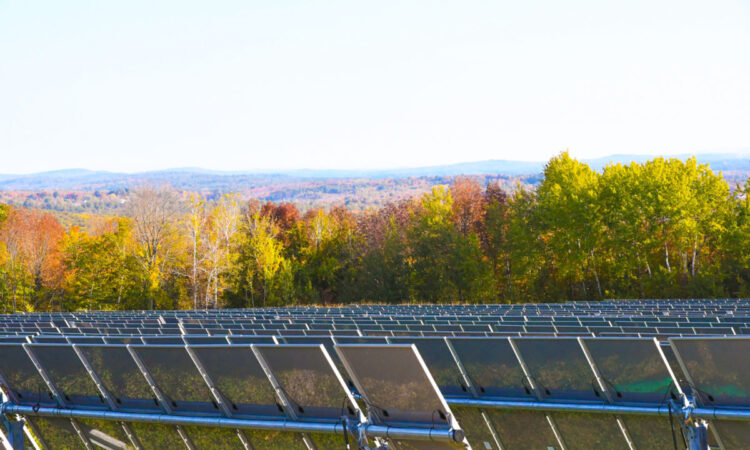Renewables developer Longroad Energy secures $600 million in debt financing – pv magazine USA

The funding adds to a $500 million equity investment made in Longroad Energy in 2022.
Longroad Energy Holdings, a U.S. renewable energy developer, owner and operator announced it closed $600 million in debt financing to support the growth of its solar, wind, and battery energy storage portfolio.
The credit facility is composed of a $275 million term loan, a $175 million revolving credit facility, and a $150 million letter of credit facility. The syndicated corporate credit facility was by Apterra infrastructure capital, a company of Apollo. Joint lead arrangers were Barclays and HSBC.
The funds build on an August 2022 funding round of $500 million led by Infratil, New Zealand Superfund, and MEAG. The 2022 investment marked a pivot for Longroad from a project sales-based business to one focused primarily on project ownership and operation.
“This additional capital will fuel the expansion of our owned operational fleet to more than 9 GW by 2027 and support our robust 30 GW pipeline of development projects,” said Paul Gaynor, chief executive officer, Longroad Energy.
Longroad was founded in 2016 and has developed or acquired 4.9 GW of renewable energy projects across the United States and raised over $12.8 billion of equity, debt, and tax equity to support completion of its portfolio. Today, Longroad owns over 3.1 GW of wind, solar, and storage projects and operates and manages a total of 5 GW on behalf of third parties.
Arizona project
The company recently announced the financial close and start of construction of a 377 MWdc solar project in Maricopa County, Arizona. It also contains a 300 MW / 1200 MWh battery energy storage system, making it among the largest solar-plus-storage projects in the nation. It is expected to begin operations in mid 2025.
The project will use bifacial solar silicon panels supplied by Ohio-based First Solar, with power ratings of 480 W and a 0.3% annual degradation rate. Automotive Energy Supply Corporation (AESC) will provide inverters along with lithium-ion cells for the energy storage system. The BESS will be integrated with Powin’s Centipede energy storage system.
Longroad said the project will add over $100 million to Arizona’s economy through long-term leases with the Arizona State Land Department and tax remittances. The project is expected to produce enough electricity to power the equivalent of 120,000 Arizona homes.
This content is protected by copyright and may not be reused. If you want to cooperate with us and would like to reuse some of our content, please contact: editors@pv-magazine.com.






